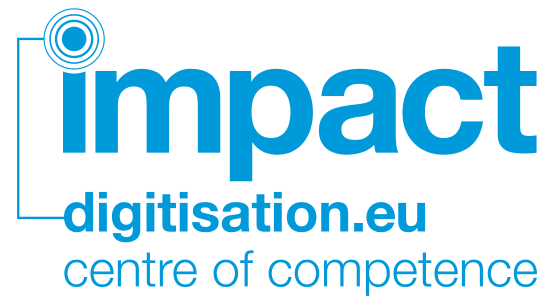
- This event has passed.
TPDL 2022
20 September, 2022

The International Conference on Theory and Practice of Digital Libraries (TPDL) is a yearly date for researchers on Digital Libraries and related topics. For over twenty-five years TPDL has been an international reference forum focused on digital libraries and associated technical, practical, and social issues. TPDL encompasses the many meanings of the term “digital libraries”, including new forms of information institutions; operational information systems with all manner of digital content; new means of selecting, collecting, organizing, and distributing digital content; and theoretical models of information media, including document genres and electronic publishing. Digital libraries may be viewed as a new form of information institution or as an extension of the services libraries currently provide. Representatives from academia, government, industry, research communities, research infrastructures, and others are invited to participate in this annual conference. The conference draws from a broad and multidisciplinary array of research areas including computer science, information science, librarianship, archival science and practice, museum studies and practice, technology, social sciences, cultural heritage and humanities, and scientific communities. This year its focus is on bridging the wide field of Research and Information Science with the related field of Digital Libraries. Indeed, TPDL historically approached on “Digital libraries” embracing the field at large also comprehending three key areas of interest that can be synthesized as scholarly communication (e.g. research data, research software, digital experiments, digital libraries), e-science/computationally-intense research (e.g. scientific workflows, Virtual Research Environments, reproducibility) and library, archive and information science (e.g. governance, policies, open access, open science). This emphasises TPDL’s role over the last 25 years as a forum that brings together researchers and practitioners whose work intersects with Digital Libraries. Regardless of how your work connects with Digital Libraries, we invite you to participate.
